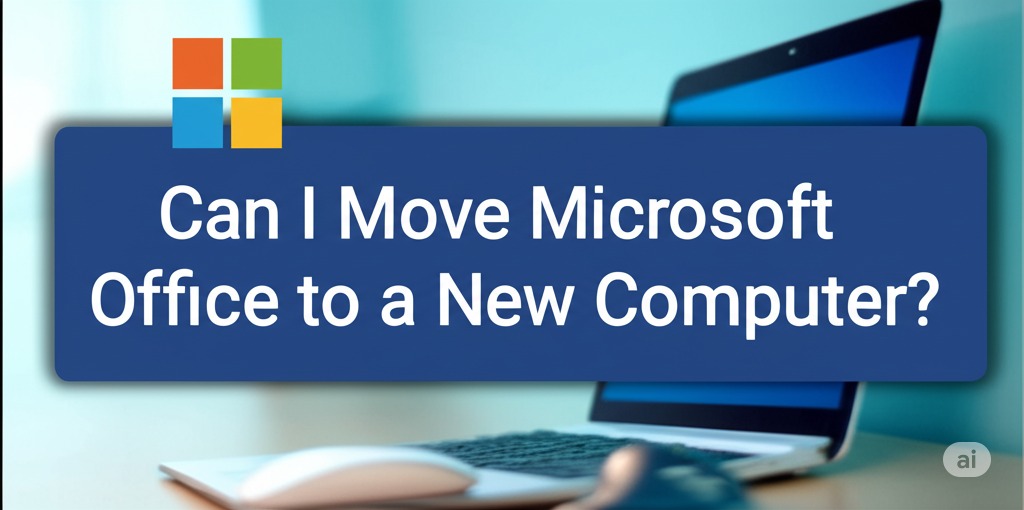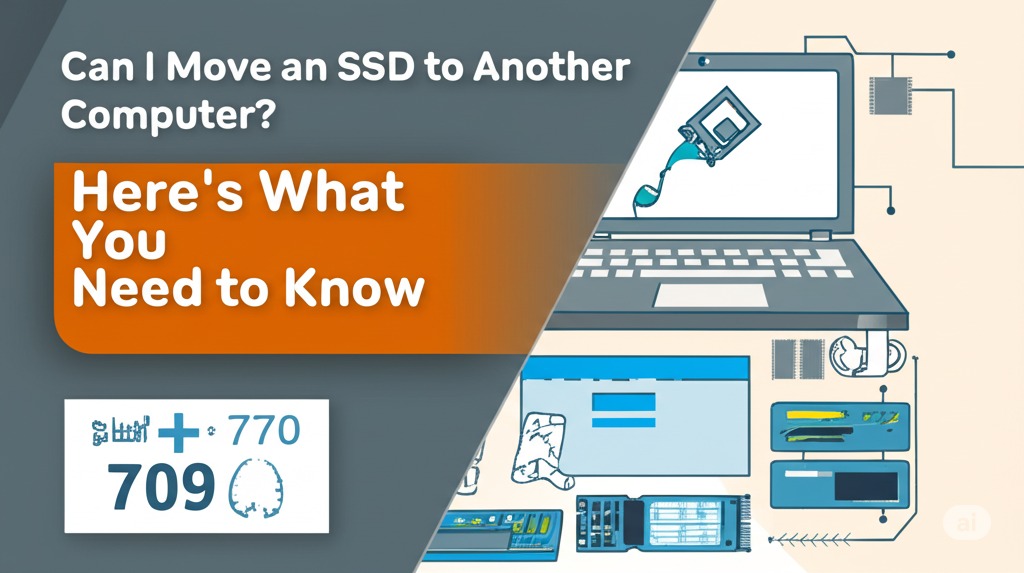When it comes to computers, the hard drive (or solid-state drive) is typically considered one of the most critical components. But what if your computer doesn’t have one? Can it still function, or is the system left completely useless? The answer may surprise you. Let’s explore whether a computer can run without a hard drive and the alternatives that exist.
Understanding the Role of a Hard Drive
Before diving into whether a computer can run without a hard drive, it’s important to understand the essential role a hard drive plays in a computer’s operation.
What Does a Hard Drive Do?
A hard drive is the storage device where your operating system, applications, files, and data are kept. Without it, the computer would lack a permanent storage solution. But does this mean the computer would not run at all? Not necessarily.
Alternatives to a Hard Drive
There are a few alternatives to a traditional hard drive. The most common are solid-state drives (SSDs) and external storage devices. These options can replace traditional hard drives, offering faster speeds, greater reliability, and sometimes even better performance. However, we’re more concerned with whether the computer can run without any form of internal storage at all.
Can a Computer Run Without a Hard Drive?
The short answer is: yes, a computer can run without a hard drive, but with significant limitations. Let’s take a closer look at how this works.
Booting from External Devices
If your computer doesn’t have a hard drive, it still has other options for booting up, such as:
- USB Drives: By creating a bootable USB drive with an operating system like Windows, Linux, or macOS, you can run your computer without an internal hard drive. This method involves booting directly from the USB drive, which functions as the primary storage for the operating system.
- External Hard Drives: Similar to USB drives, external hard drives can serve as a temporary solution to run an operating system. In this case, the computer relies on the external device for both storage and the operating system.
- Network Booting (PXE): Some computers can boot over a network connection using a technology called Preboot Execution Environment (PXE). This method requires the computer to connect to a server that hosts the operating system, allowing the machine to run without local storage.
Running Without Storage
Without any storage device, the computer would lack the ability to store data permanently. However, if you’re simply using a live operating system (like a live Linux distribution) from a USB drive or external source, you can run a fully functional system without saving anything to disk. Once you power down, all data is lost unless manually saved elsewhere.
What Are the Challenges of Running Without a Hard Drive?
While it’s possible for a computer to operate without a hard drive, there are some major drawbacks and challenges to consider.
Limited Storage
Without a hard drive, you’re forced to rely on external devices, which can be slower than internal storage. For example:
- Slower Performance: USB drives, while convenient, don’t offer the same read/write speeds as internal hard drives or SSDs, which may cause delays or slower boot times.
- Limited Storage Space: External devices may not provide the same amount of space as a traditional internal hard drive, and you’ll be limited in terms of what data you can store.
Inconvenience
Running an operating system from external devices means you’ll always need to plug in those devices, adding a layer of inconvenience. Plus, if you remove the external device, your computer won’t function as expected.
Risk of Data Loss
Without an internal hard drive, your computer becomes much more vulnerable to data loss. If you’re running an operating system from an external device, your data is likely stored on that external drive. If it’s disconnected, damaged, or lost, your data will be gone.
Alternatives for Running Without a Hard Drive
There are a few solutions available to those who want to run their computers without the traditional internal hard drive:
Live Operating Systems
As mentioned, live operating systems allow users to run an OS directly from a USB drive or CD/DVD without needing an internal hard drive. These systems are ideal for people who want to use their computers without relying on internal storage.
Popular Live Operating Systems:
- Ubuntu: A popular Linux distribution that runs smoothly from a USB stick.
- Tails: Focused on privacy and security, Tails runs entirely from external media.
- Windows To Go: A version of Windows that can run from a USB drive (though it is no longer officially supported by Microsoft).
Cloud Computing
Cloud computing offers another viable alternative to relying on local storage. Instead of storing your files on your computer, you can use cloud-based storage services like Google Drive, Dropbox, or OneDrive. Your data is stored on remote servers, and you access it over the internet, freeing you from the need for an internal hard drive.
Network Attached Storage (NAS)
If you want to access your data and applications across multiple devices, a Network Attached Storage (NAS) system can be a great alternative. It allows you to store your files remotely, while still providing access to them from any device on the same network.
Conclusion: Is It Worth It to Run a Computer Without a Hard Drive?
While it is certainly possible for a computer to run without a hard drive, it comes with several limitations that might make it impractical for everyday use. If you are using a computer for casual browsing or testing purposes, running a live operating system from a USB drive or cloud-based solutions can be a convenient option. However, for more intensive tasks that require storage, speed, and reliability, having an internal hard drive or SSD is still the best choice.
Ultimately, it’s essential to consider your needs before deciding to go without a hard drive. For most users, the benefits of having internal storage far outweigh the challenges of operating without one.
Would you consider running a computer without a hard drive? Let us know your thoughts in the comments!

Caleb Carlson is a contributing writer at Computer Site Engineering, specializing in computer technology, software trends, and hardware innovations. His articles simplify complex tech topics, making them accessible to readers of all levels.





